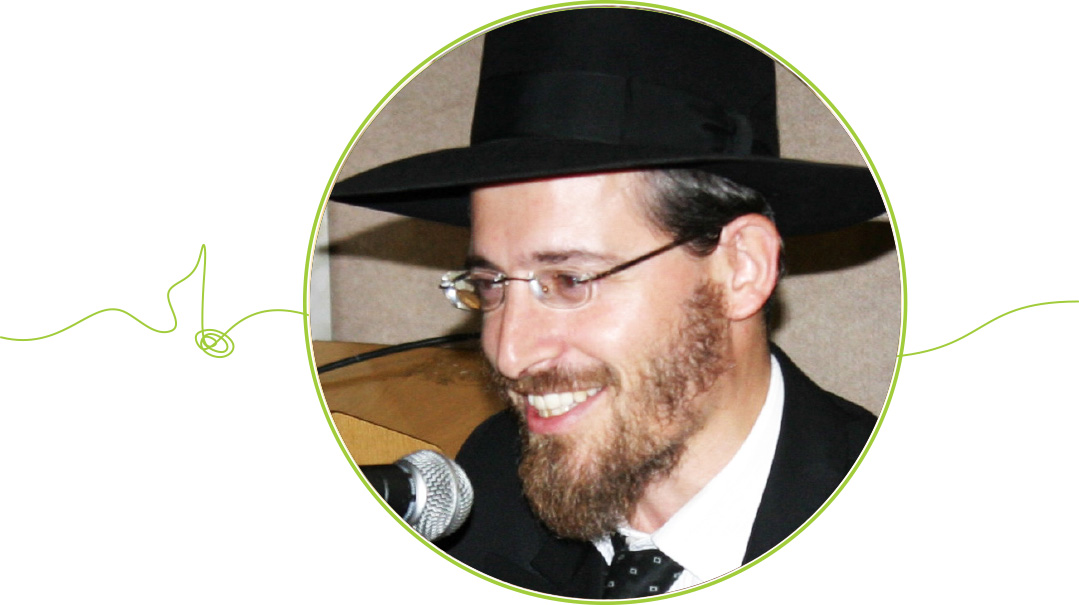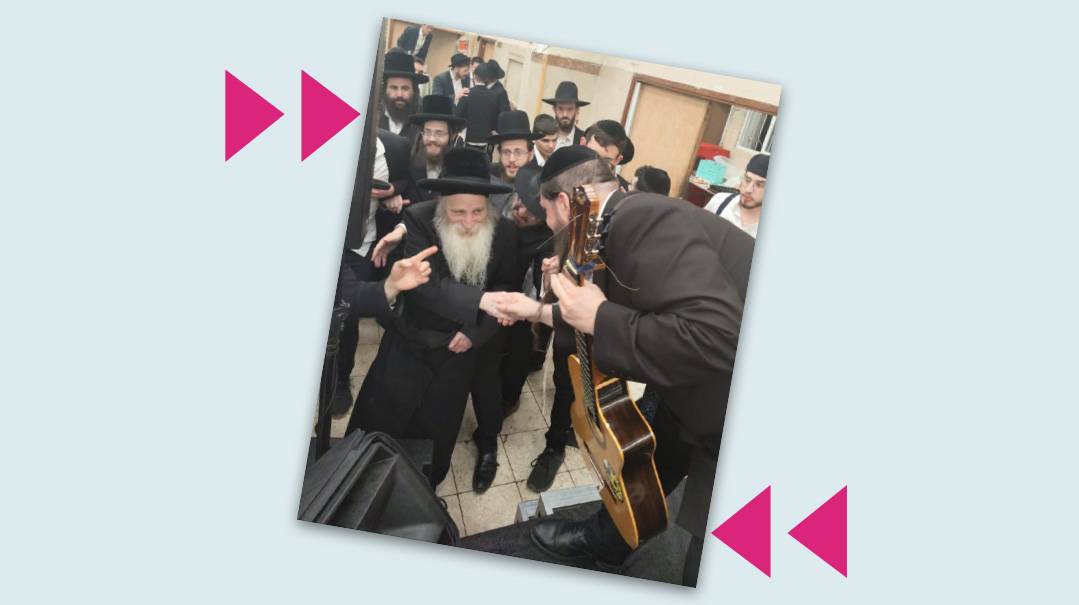Songs to Learn By: Staying True to the Words
| May 11, 2021Some of the Jewish music world’s most talented composers are also marbitzei Torah... it’s about letting everyone hear the soundtrack of the beis medrash

"My rebbeim didn’t encourage me to compose music,” shares RABBI HILLEL PALEY, a maggid shiur in Yeshivas Chemdas HaTorah in Beit Shemesh who has dozens of classic compositions to his credit. “In fact, it was the opposite — they worried that it would come at the cost of learning. My rebbeim were the sentinels who prevented my music from becoming a profession, and so I’ve always remained an outsider — I dabble in music, but I never enter a professional studio.”
That said, Rabbi Paley is the composer of many well-known songs, from “Shiru Lamelech” (Yeedle), “Ad Heina” (Avraham Fried), “Ochilah Lo’Keil” (Lipa), “Oz Yiboka” (Sruli Ginsberg), “Mesikus HaTorah,” “Torah Hakedoshah” (MBD), and so many other classics. He shares an interesting story about the latter song, whose words are a soulful plea to the Torah itself to plead for us before HaKadosh Baruch Hu.
“A certain prominent singer once called me up on Erev Rosh Hashanah. He told me that he’d been reluctant to sing my songs. He felt that I had chosen to stay apart and outside the circle of the frum music industry, and therefore he didn’t want to play a part in popularizing my songs by performing them in concert. However, at a certain performance, the crowd repeatedly requested that he sing “Torah Hakedoshah,” and he felt he had no choice. While he sang it, he found himself questioning, ‘Who am I to beg that the Torah intercede for me? What connection do I have to Torah when I don’t really set aside time for serious learning?’ He was really jarred by this inconsistency, and the incident with this song pushed him to make time in his schedule for learning.”
Rabbi Paley says he doesn’t compose for commercial reasons, but for himself. Still, he feels a heavy responsibility to be true to the words and to consider the effect of the song on others. “Every part of a tune that’s sung with a pasuk or words of Chazal should express the meaning of those words. I can’t tell you how many tunes I’ve written and then disposed of, because I felt the tune just wasn’t appropriate.”
(Originally featured in Mishpacha, Issue 860)
Oops! We could not locate your form.












